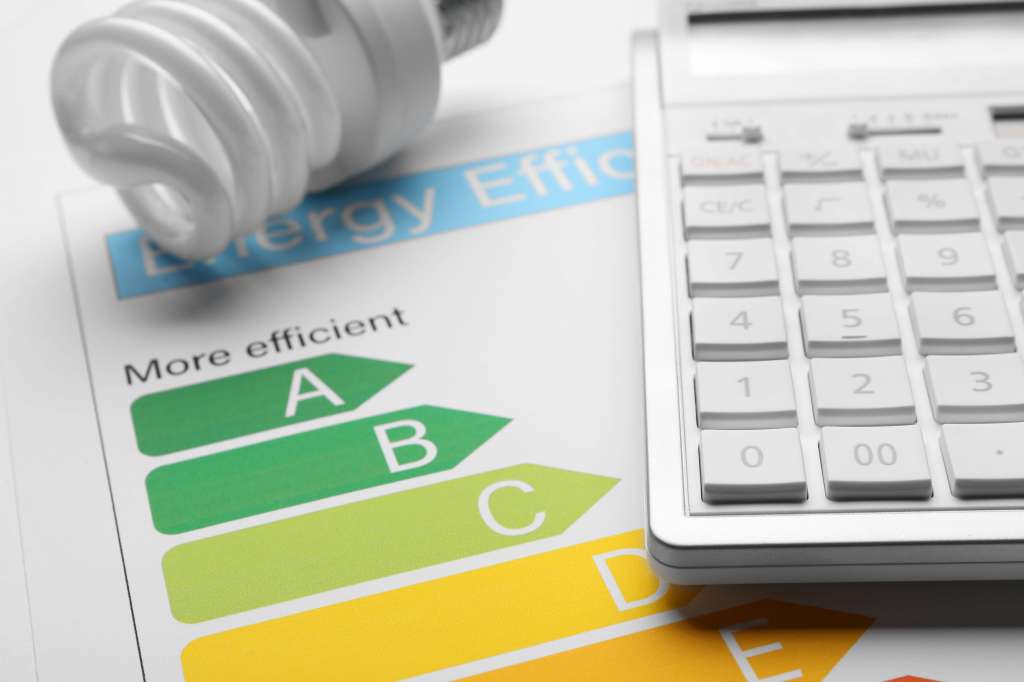Knowledge centre
News, guides, and free downloads for small businesses and landlords
Knowledge centre
A free monthly newsletter with the latest news and tools for small businesses and landlords.
Explore our library of news and guides
Latest small business news
-

Renters’ Rights Bill – what do landlords need to know?
The government plans to ban Section 21 evictions and limit rent increases.
11-minute read
-

Spending Review: investment in AI, net-zero, and infrastructure for SMEs
Learn more about the key updates for business owners.
5-minute read
-

Can landlords refuse pets at their property?
Find out what the law says about pets in rental properties.
8-minute read
-

Amazon fights back against fake reviews
New regulations to tackle fake Amazon reviews could mean big changes for sellers.
3-minute read
-

PSTN switch off: how businesses can prepare for the end of landline phones
Your next steps ahead of the January 2027 deadline.
3-minute read
-

What is an EPC rating? MEES guide for landlords
What’s an EPC rating and how can you comply with Minimum Energy Efficiency Standards?
11-minute read
Recent how-to guides and business tips
-

6-minute read
Grace Beverley: a valuable lesson for aspiring entrepreneurs
A deep dive into the TALA founder’s business success.
-

7-minute read
Jury service for the self-employed – how to keep your business running
Know your rights if you’re called for jury service in the UK.
-

12-minute read
What is the 40% tax bracket?
Find out how to be more tax efficient and when the higher rate kicks in.
-

11-minute read
Renters’ Rights Bill – what do landlords need to know?
The government plans to ban Section 21 evictions and limit rent increases.
-

5-minute read
Spending Review: investment in AI, net-zero, and infrastructure for SMEs
Learn more about the key updates for business owners.
-

8-minute read
Can landlords refuse pets at their property?
Find out what the law says about pets in rental properties.
Top trending articles
Are you prepared for Making Tax Digital?
From 2026, there’ll be a phased switch to Making Tax Digital – changing how small business owners and landlords pay income tax. Make sure you’re prepared.

Making Tax Digital for business income tax
Making Tax Digital will affect how you pay income tax from 2026.
5-minute read
Meet our experts
Our writers have a wealth of knowledge and experience writing for small business owners and landlords. Find out more about them here.
We create this content for general information purposes and it should not be taken as advice. Always take professional advice. Read our full disclaimer







